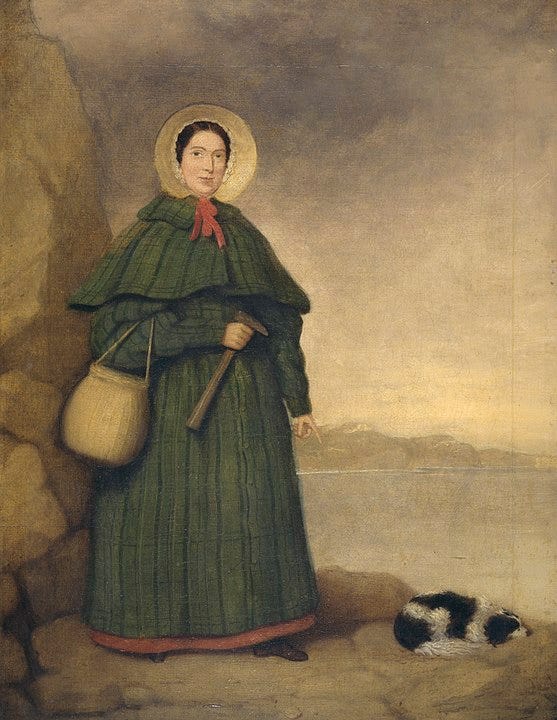This is the second in the series Get Your Facts Straight: Research Skills for Writers. For more about this 18-part series, including the complete schedule and links to the other articles in the series, click here.
There will be a subscriber-only chat for this post later today (10/25) from 4-6 pm Eastern. Come nerd out with me!
I believe it was Jane Austen who wrote “It is a truth universally acknowledged, that a writer in possession of a need for research, must be in want of a research strategy.”
Possibly she said it about something else. The fact, however, remains.
Research strategy is rarely taught as a standalone subject, at least not in the arts and humanities. If you have never been explicitly taught how to create one, or even that such a thing exists, you’re not alone. That’s why I’m writing this.
In actuality, if you’ve ever done any kind of project that involved research, you probably know more about it than you might think. We learn through experience, and part of the way we do is that if we do something enough times, we start to pick up on the organizing principles behind what we’re doing. The reason I think it’s important to explain it step-by-step isn’t because I don’t think you’re smart enough to figure it out, but because having a method gets you to the results part faster without losing any of the important bits just because you haven’t stumbled across them on your own yet.
All of which is to say: some of this might seem rudimentary to you, which is actually a good thing because it means you’ve already got a grip on some of it. It is also to say: keep reading in case there are some bits where you don’t.
Research strategy, as I think of it, includes six components:
Developing a research question
Choosing a mode(s) of research
Designing a research plan (and timeline if applicable)
Evaluating your plan for bias
Conducting the research
Assessing the results
The reason I refer to these as “components” and not as “steps” is that although this is roughly the order in which these things are done, none of the steps are something you do once and only once, never to return again.
It is the nature of research that as you find things out, what you learn can cause you to reevaluate and change what and how you do the research. Sometimes what you learn makes it intellectually or ethically mandatory to change what you’re doing.
This seems like a bug. It is actually a feature. (Yes, really.) The point of learning things is that learning things affects how we think, feel, and act, and hopefully does so for the better. When research refines the research process, that’s education in action. Yes, I know it can also throw a giant wrench into the gears of a process you were hoping would be straightforward, but straight lines and direct paths are overrated and the scenery is usually boring. You may as well enjoy the ride.
If you need an additional reason not to fight this process, here it is: having other people point out that you totally missed the ramifications of your own research is pretty humbling. The more open you are to the potential that what you learn might change what you do and how you do it, the more likely you are not to miss the chance to evolve and develop nuance in your work.
Before you can have evolution and nuance, however, you must have material. To get it, you do research. And that starts with a research question.
Developing A Research Question
This seems like the most straightforward part of a research strategy, doesn’t it? Choose your topic and off you go, right?
Not so fast.
It works that way sometimes, if what you want to know is very basic.
If your goal is, for instance, to know the basic facts about who Mary Anning was, you’ll be fine with a simple research question along the lines of “Who was Mary Anning?” You go galumphing off into the wilds of the Internet (or the library or both) and soon enough you have the vital statistics like birth and death dates, where and when the person lived, and a few data points about what makes them noteworthy.
If all you need to do is write a paragraph or two about a person, that might be all the research question you need.
But your goal might be less basic, and that means figuring out a more complex question.
How do you know which question(s) you want to ask? Figuring this out is a fluid process, and also a bit of a personal one. We all have topics about which we tend to be more curious than others. Writers may have particular topics they’ve been hired to write about. But our curiosities also arise as we begin to learn about something and we start to wonder about the things we don’t yet know. How do you know which question or questions to prioritize?
The answer: you gotta do some research so you can know what research you gotta do. Here’s how that process works.
Keep reading with a 7-day free trial
Subscribe to Reasons Not to Quit to keep reading this post and get 7 days of free access to the full post archives.



